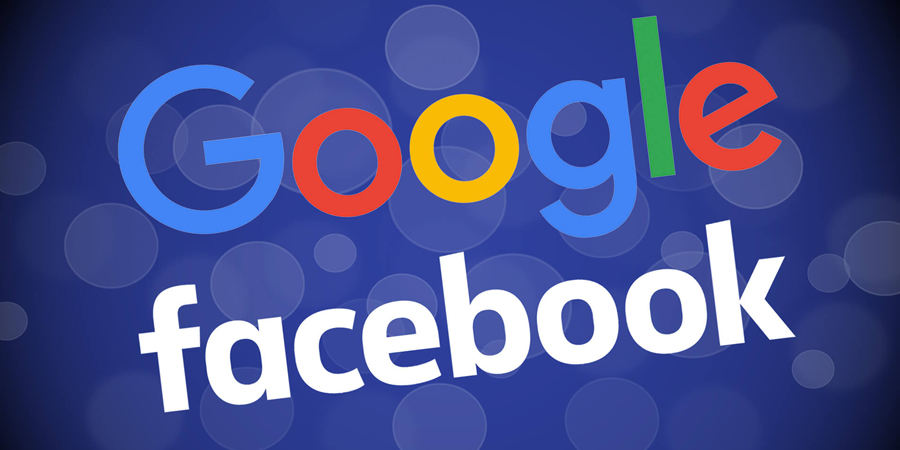For the first time, a law that can make internet giants Google and Facebook pay for news content on their platform has been passed in Australia at the House of Representatives after going through the Senate.
As expected, the US tech companies have strongly opposed the news code legislation and say that it 'misinterprets how the internet works’ and that they do not gain commercially from news content.
This development follows after Facebook had blocked news content to Australians over the proposed law, which would force it and Google to pay for news content on their platform. However, Facebook reversed its decision this week after talks with the government.
After the talks, the law has been passed with new amendments which make it possible for Facebook and Google not to be subject to the code.
However, both companies have committed to pay to some big Australian publishers outside of the code. These deals have been widely viewed as a compromise by the tech giants.
Australia's law could be replicated in other countries to get payment from digital platforms for news.
How does the law work?
The law encourages tech giants and news agencies to discuss payment deals between themselves, with a rider that if such talks fail, the digital platforms can face independent arbitrations.
The government believes the law provides a "fairer" negotiation process between the parties and leverages news organisations. A dispute over the value of news content would be settled by the arbitrator and analysts feel this will benefit the news groups.
The Australian Competition and Consumer Commission (ACCC) - a market regulator – feel publishers lacked negotiating power until now when it came to dealings with Google and Facebook.
Additionally, under the code, tech platforms must notify news publishers of changes to their algorithms. Similarly, the government also has to give the platform a month's notice if it is considering applying the code to them.
However, the amended law now requires the government to consider a platform's existing contributions to journalism - such as commercial deals with publishers - before applying the code to them. This gives Facebook and Google leeway to skip the arbitration process entirely.
Where do Google and Facebook stand on this?
The tech firms contend that they already help news publishers by driving traffic back to news sites from their platforms.
Both tech companies urged the Australian government to amend the law, while also pursuing contracts with local news companies.
Google had warned of pulling out its primary search engine from Australia; however, the company recently agreed on deals with local media companies including Nine Entertainment and Seven West Media worth an estimated A$60m ($47m; £34m) in total.
It has also inked a deal for an undisclosed sum with Rupert Murdoch's News Corporation.
Facebook has promised to reverse its ban on news content, though Australian news pages remain unavailable. It has since signed at least one deal - with Seven West Media - and is in talks with other Australian news groups.
Both firms have also committed to spending $1bn each in the news industry globally over the next three years.











